Politics
‘He doesn’t know what we know’: Opposition parties slam ‘Cyril in Wonderland’
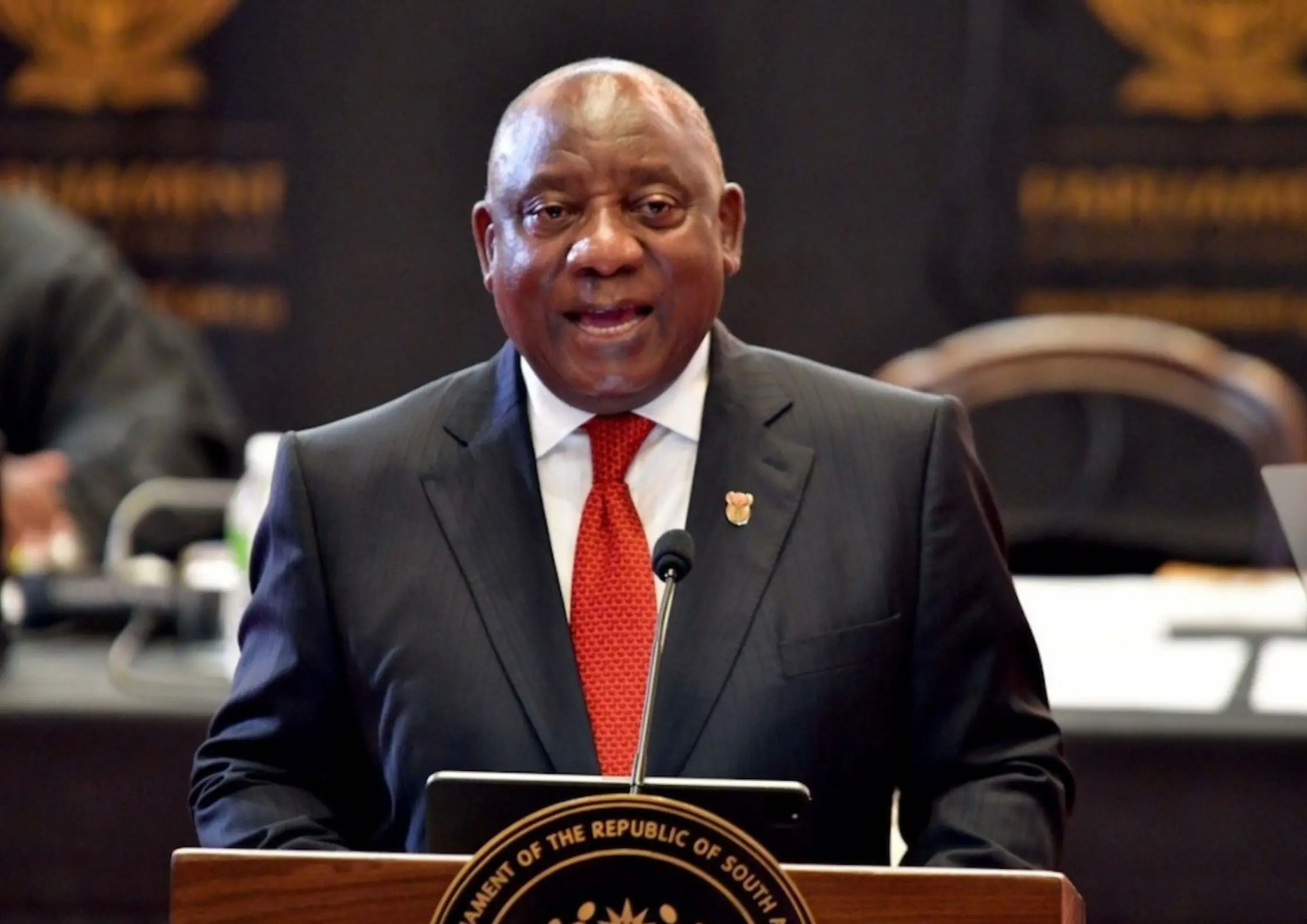
- President Cyril Ramaphosa made much of South Africa celebrating 30 years of democracy in his State of the Nation Address on Thursday.
- He admitted that there have been “challenges” and said state capture was perhaps the greatest challenge.
- Opposition parties were thoroughly unimpressed and accused Ramaphosa of being out of touch with ordinary South Africans’ realities.
President Cyril Ramaphosa’s attempts to highlight the gains of 30 years of democracy in his State of the Nation Address (SONA) on Thursday evening had opposition leaders accusing him of “living in a dream world” and being “Cyril in Wonderland”.
It is an election year, after all.
This was evidenced by the tenor of Ramaphosa’s speech, reflecting on glories past and minimising the governing ANC’s role in the “challenges” facing the country, and the opposition’s sharp criticism laced with an expectancy of change through the ballot box.
As expected, Ramaphosa made much of the fact that South Africa is celebrating 30 years of democracy after the fall of apartheid.
“Over the last three decades, we have been on a journey, striving together to achieve a new society – a national democratic society. We have cast off the tyranny of apartheid and built a democratic state based on the will of the people,” said Ramaphosa.
“We have established strong institutions to protect the fundamental freedoms and human rights of all people. We have transformed the lives of millions of South Africans, providing the necessities of life and creating opportunities that never existed before.
“We have enabled a diverse economy whose minerals, agricultural products and manufactured goods reach every corner of the world, while creating jobs in South Africa.
“As a country, we have returned to the community of nations, extending a hand of peace and friendship to all countries and all peoples.
“Just as we cannot deny the progress South Africans have made over the last 30 years, nor should we diminish the severe challenges that we continue to face.”
The challenges Ramaphosa ascribed to “events beyond our borders”, like financial crises and the Covid-19 pandemic, have held back our progress.
“There have also been times when events at home have shaken the foundations of our constitutional democracy,” said Ramaphosa.
“Perhaps the greatest damage was caused during the era of state capture,” said Ramaphosa, without mentioning that he was the deputy president and head of the ANC’s deployment committee when state capture reached its zenith.
“The effects of state capture continue to be felt across society, from the shortage of freight locomotives to crumbling public services, from the poor performance of our power stations to failed development projects.”
Despite several members of his party implicated in the Zondo Commission’s report still serving in his executive, Ramaphosa claimed that his “first priority was to put a decisive stop to state capture, to dismantle the criminal networks within the state and to ensure that perpetrators faced justice”.
He also claimed that “great progress” has been made in bringing state capturers to book.
Ramaphosa made much of improved living conditions and economic prospects for the majority of South Africans since 1994, and said that his administration over the “last five years has been a time of recovery, rebuilding and renewal”.
“We have come a long way in the last five years. We have built on the achievements of the last three decades and we have taken decisive measures to address the immediate challenges facing South Africans,” Ramaphosa said.
But opposition leaders weren’t buying what he was selling, with the general slant of their criticism being that Ramaphosa was out of touch with the reality of everyday life in South Africa.
DA leader John Steenhuisen described Ramaphosa’s SONA as “Cyril in Wonderland” to News24 after the address.
He added:
The South Africa that he painted today, is a very different picture to the South Africa in which most people live. Seventy-five people murdered every day. Gender-based violence on the increase. The highest youth unemployment rate in the world. A load shedding crisis that is getting worse, not getting better. These are the realities. A cost of living crisis where childhood malnutrition are [sic] stalking the country. These are all serious indicators that the country is moving in the wrong direction, and a very, very far cry from the Pollyanna picture the president tried to paint this evening.
IFP leader Velenkosini Hlabisa said SONA wasn’t inspiring at all.
“It was claiming empty victories, even where he was speaking of successes, he was speaking of things [that] when you look at it closely, there isn’t sufficient substance.”
He said Ramaphosa was even laughing at himself when what he was saying wasn’t reflected in what was happening on the ground.
“He spoke about state capture, that they are doing everything it takes to deal with state capture. State capture is a shame by the ANC. We haven’t seen senior people from the ruling party being taken to task for state capture. What he was saying, he himself even laughed,” said Hlabisa.
“The president knows he avoided the issue of Phala Phala because he knows it implicates him and the ruling party avoided taking proper action to probe the matter.”
FF Plus leader Pieter Groenewald didn’t think Ramaphosa painted an accurate picture of the country.
“In fact, it is quite clear that he is living in a dream world,” he said. “He is telling stories that is [are] actually nothing else than fables.”
He said Ramaphosa had told the country that through good governance over the past 30 years, the ANC government had created job and opportunities for young people, but yet there was a high level of youth unemployment.
“I also want to use the example of, he said that 95% of households have running water in the houses. The reality is, yes, 95% of households maybe have a tap in their house, but there is no running water in it, because of the collapse of the infrastructure.”
He described Ramaphosa’s administration as a disaster.
“It’s clear that he doesn’t know what we know. And we as ordinary people in South Africa know that there are hardships, it’s difficult for the people to survive, in terms of employment, in terms of personal budgets and everything.”
ATM leader Vuyolwethu Zungula also wasn’t convinced that Ramaphosa had painted a realistic picture of South Africa.
“And he conveniently tried to make a comparison [with] 1994 during the first democratic elections, during the end of apartheid – that was the state of the country versus now,” said Zungula.
“But he does not take into account that it is his State of the Nation Address; he was delivering his eighth State of the Nation Address, and he should have been able to say when he took over, this was the number of people living in poverty, now the number has gone down. But he can’t do that, because all of the indicators paint a picture that he has failed and he has led the country towards a downward spiral.”
In a statement, ActionSA leader Herman Mashaba said South Africans would be forgiven for believing they lived in a different country from Ramaphosa.
“The SONA was a political sleight of hand, where Ramaphosa appropriated the progress of the ruling party made under presidents Mandela and Mbeki while distancing himself from its failures and corruption during President Zuma’s state capture era,” he said.
“South Africans struggling with unemployment, rampant crime, and continuous rolling blackouts know the truth that belies this rhetoric. The reality outside the Ramaverse is that the president’s superficial, low-impact interventions have done little to demonstrate real accountability for corruption, address rolling blackouts, improve educational outcomes, or grow our job-killing economy.”
Another leader of a party not represented in Parliament, Rise Mzansi’s Songezo Zibi, said: “Ramaphosa failed to rise to the occasion by not speaking to the issues that face the people today, and the kind of future they deserve”.
“Instead, South Africans were subjected to a lesson in history, which [they] know very well. According to the outgoing president, all of the country’s problems are due to external factors rather than the political negligence of the ANC. Ramaphosa is equally responsible for the dire state of the country because of his proximity to former president Jacob Zuma as his lieutenant, and during his six wasted years as the occupant of the west wing of the Union Buildings.”
Taking a more measured approach, was GOOD secretary-general and MP Brett Herron.
He said Ramaphosa had taken the opportunity to reconnect South Africa to the nostalgia of 1994, and while there was no denying that there had been progress since then, there were still too many people not enjoying the fruits of democracy.
© News24
Current Affairs
New survey points to coalition-led SA, but voter apathy a major factor
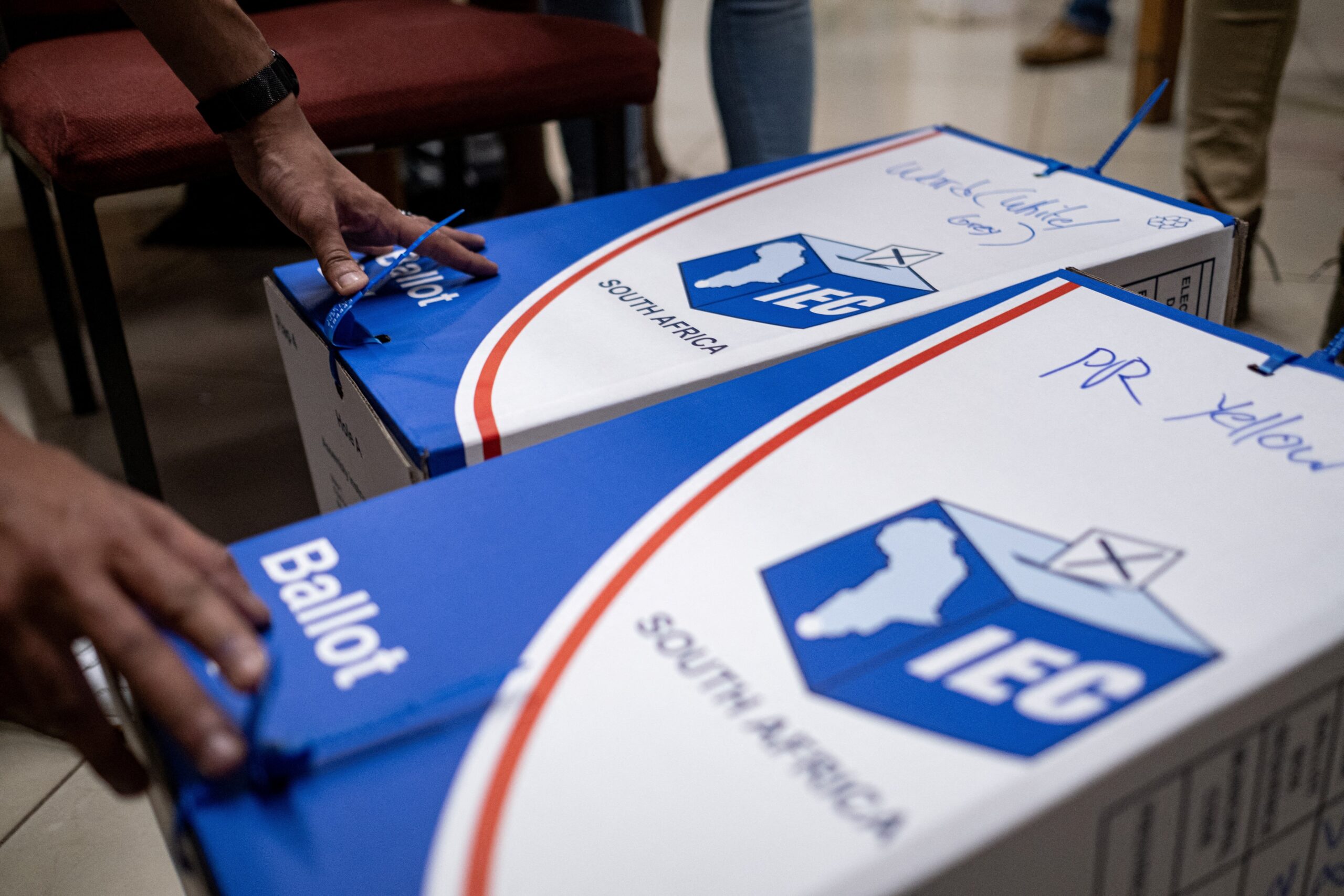
The results of an in-depth survey conducted by African Innovation Research SA (AIRSA) point to the country’s future being in the hands of coalitions and raise concerns about voter apathy, especially among the youth.
The initial sample comprised some 5 000 participants, of whom 46% confirmed they were either not interested in voting despite being registered or had not registered.
The majority of those surveyed by the independent research company based in Cape Town were in the 18–35 age group, a generation who are increasingly disillusioned with how the country is run.
The remaining 2 700 participants, who were interviewed from across a broad section of South Africa’s nine provinces, indicated that support for the ruling ANC is in decline, dipping below the 50% mark to 43% overall.
The ANC’s strongholds remain the Eastern Cape (61% of those surveyed), 58% in the Free State and 65% in Limpopo, where its challenger is the EFF at 23.7%.
In the country’s fourth-largest economy, Mpumalanga, the ANC leads with 52.3%, the EFF at 21.7% and the DA at 19.7%.
In the North West province, it’s a similar pattern, albeit reversed, with the ANC at 48.3%, the DA at 27.7% and the EFF at 20.0%, while in the Northern Cape, the ANC leads with 47.3%, followed by the DA with 24.3% and the EFF with 15.7%.
The country’s economic engine, Gauteng, is a key player in the power dynamics. Here, the ANC garnered 38.7%, but the EFF is growing its base to 19.3%, challenging the DA’s 20% of the province’s voters.
In the Western Cape, as expected, the DA holds onto a leading margin at 46.0%, with the ANC and EFF at 22.3% and 8.7% respectively. Gayton McKenzie’s Patriotic Alliance (PA) also features in the country’s southernmost province, making a notable showing at 5%.
While former president Jacob Zuma may have been barred from becoming a member of Parliament in the Constitutional Court this week, the new uMkhonto weSizwe Party (MKP) will play a pivotal role in KwaZulu-Natal. Results of the AIRSA survey show that while the ANC currently remains ahead with 28.7%, it’s an even race in the province with similar support for the IFP at 26.0% and MKP at 26.7%.
As experience dictates, the smaller parties will begin a series of bargaining tactics as to whose deck they end up in and call the shots.
At collectively accounting for around 20% of the upcoming vote, these potential coalition partners carry significant influence.
AIRSA also noted that voting in this sector is personality-driven as opposed to ideology.
The fragmentation of South Africa’s political landscape could also contribute to increasing dissatisfaction and disillusionment, particularly when linked to the country’s youth and increasing unemployment.
© IOL (Cape Times)
Politics
Zuma lashes out at judges after election ban
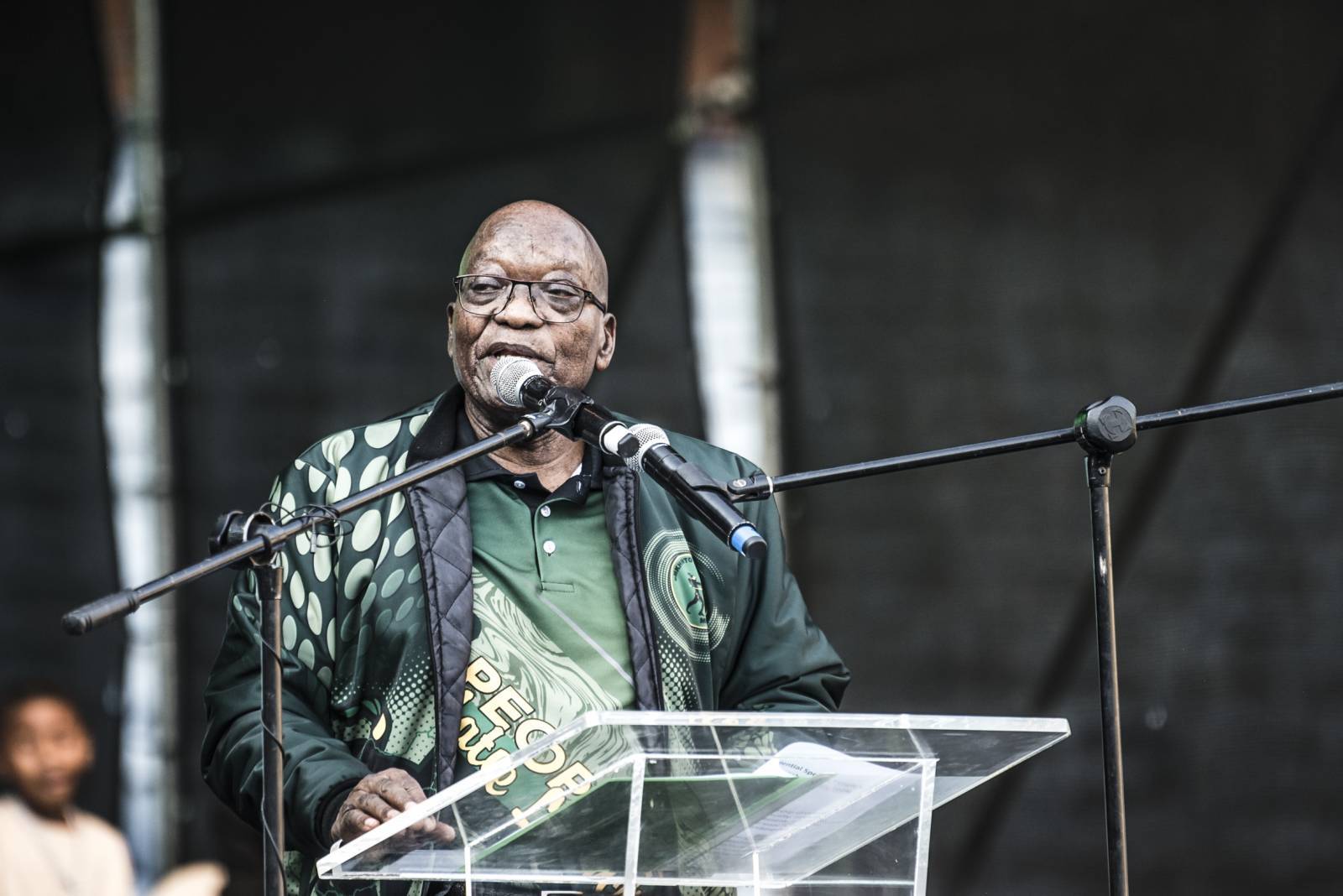
Former President Jacob Zuma has launched a scathing attack on some of the country’s top judges after he was barred from running for parliament on Monday.
In his first interview since the ban, Zuma told the BBC the Constitutional Court was wrong to decide he was unfit to run, based on his 2021 conviction for contempt of court.
“I expected that from our judges, but they are definitely wrong. Not correct,” the 82-year-old said, adding that the constitution should be changed.
Ahead of next week’s general election, Zuma had been campaigning under the banner of the newly formed uMkhonto weSizwe (MK) party.
He joined the party after falling out with the governing African National Congress (ANC), which he used to lead.
The electoral commission argued that the constitution bars anyone who was sentenced to more than 12 months in prison from serving as a lawmaker – a view backed by the Constitutional Court judges.
Zuma was convicted in 2021 for refusing to testify at an inquiry investigating corruption during his presidency.
His lawyers had insisted he was entitled to become an MP as his sentence was reduced to three months after current President Cyril Ramaphosa released him from prison in what was widely seen as an attempt to placate the former president’s angry supporters.
“The judges of the Constitutional Court have acted very funny to me – towards me in particular,” Zuma told the BBC.
“They are not taking into account the will of the people of this country, they use their own will.”
He was president from 2009 to 2018 before being forced out as leader of the ANC amid allegations of widespread corruption in his government.
The corruption, widely known as “State Capture”, saw hundreds of millions of rands of public assets taken into private hands. Zuma has always denied any direct role in corruption, but is due to face trial next year on allegations of bribery.
He told the BBC he had been wrongly stripped of his role as leader of the ANC.
“I don’t know what ‘State Capture’ means. If people say I am corrupt, what did I do? Do you have any facts about it? Am I guilty?
“I was removed before the end of my term, and nothing was produced as evidence that this was an issue.”
Zuma’s MK party had previously voiced its desire to change South Africa’s constitution, which was drawn up 30 years ago at the birth of the country’s democracy following decades of white-minority rule.
Asked about this in the light of his election ban, Zuma reiterated that the historic document needed to be changed.
“This constitution in the continent of Africa is guided by the laws from Europe, not us,” he said.
“There is nothing that has come right in this continent because we are still dominated by those who were the ones [who] slaved us, and after slavery, oppressed us, and after oppression, put their own laws to run us.
“There are details that clash with our lives.”
An Ipsos opinion poll released last month gave MK 8% of the vote, and the ANC 40% as it loses support to MK and other opposition parties.
But some analysts suggest that with the governing party stepping up its campaign in recent weeks, it could still cross the 50% mark. But if the ANC gets less than half of the vote, it would lose its majority for the first time in 30 years.
MK is expected to do especially well in Zuma’s home region of KwaZulu-Natal. Some opinion polls suggest it could emerge as the biggest party in KwaZulu-Natal, ending ANC dominance of the region.
After Zuma was jailed for contempt of court in 2021, angry supporters sparked days of deadly riots. More than 300 people were killed in the clashes.
On Wednesday Zuma said this violence demonstrated the scale of public support for him.
“This must tell you that the masses of this country loves Zuma – that’s why we had that,” he said.
When asked by the BBC if he would use this interview to call for peace and calm ahead of next week’s election, Zuma replied: “I’ve always done so.”
© BBC News
Current Affairs
Iran’s supreme leader leads prayers at Raisi funeral
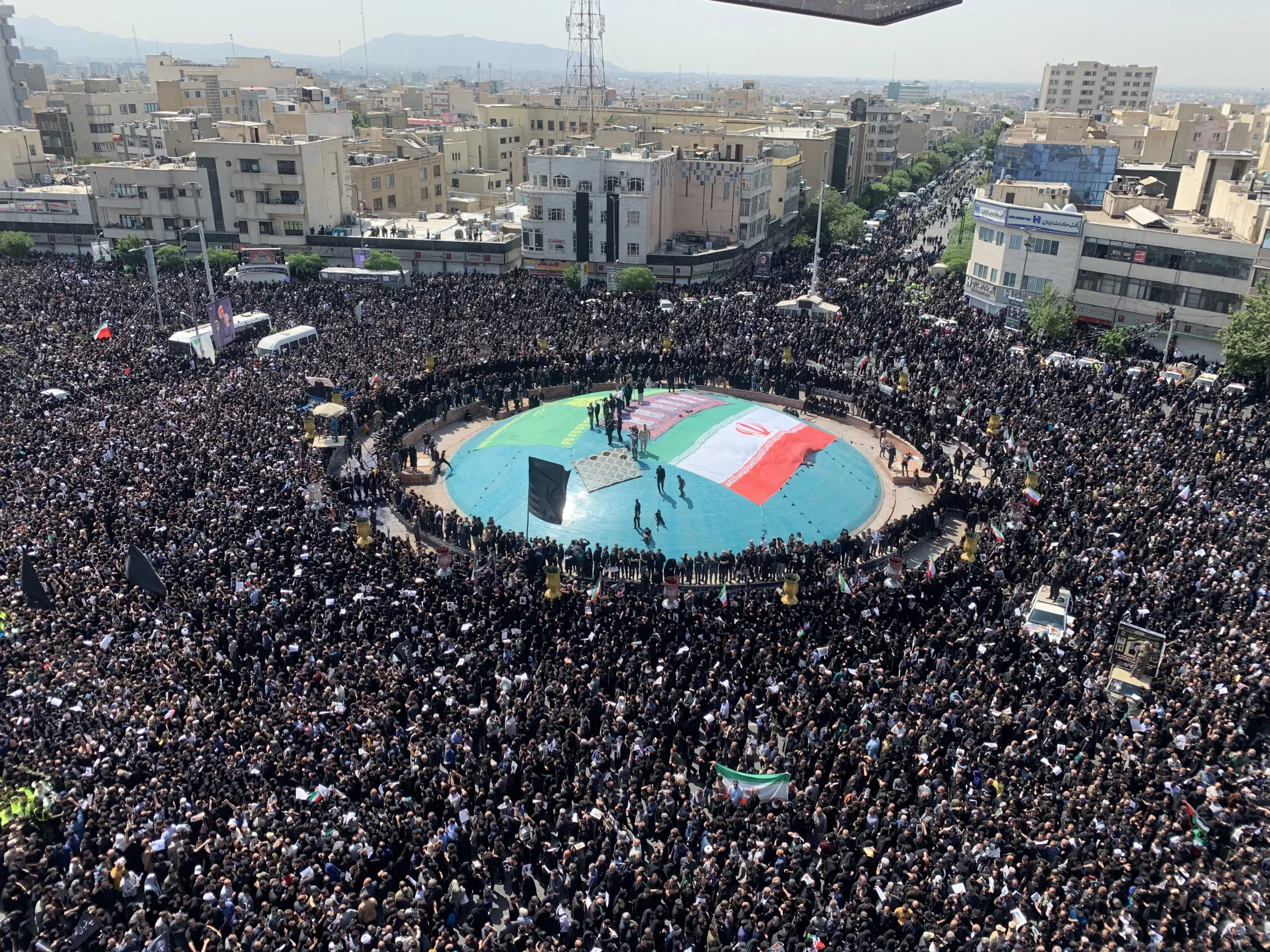
Iran’s supreme leader has presided over a funeral for the country’s late president, foreign minister and others killed in a helicopter crash on Sunday.
Ayatollah Ali Khamenei led prayers at Tehran University, where caskets carrying the dead were draped in Iranian flags.
President Ebrahim Raisi died alongside Foreign Minister Hossein Amir-Abdollahian and six others in a helicopter crash near the border with Azerbaijan.
Authorities had warned against demonstrations against the funeral procession and insults posted online.
“Oh Allah, we didn’t see anything but good from him,” Ayatollah Khamenei said in the standard prayer for the dead in Arabic.
Iran’s acting president, Mohammad Mokhber, stood nearby and openly wept during the service.
People then carried the coffins out on their shoulders, with chants of “Death to America” heard outside.
They loaded them onto a trailer for a procession through downtown Tehran to Azadi Square, where Raisi gave speeches in the past.
In attendance were top leaders of Iran’s paramilitary Revolutionary Guard, one of the country’s major power centres.
Also on hand was Ismail Haniyeh of Hamas, the militant group that Iran has armed and supported during the ongoing Israel-Hamas war.
Haniyeh is widely considered Hamas’s overall leader and has been a prominent member of the movement since 1980. The US Department of State designated him a terrorist in 2018.
“I come in the name of the Palestinian people, in the name of the resistance factions of Gaza…to express our condolences,” Haniyeh said.
He also described meeting Raisi in Tehran during Ramadan, the holy Muslim fasting month.
He said he heard the president say that “the Palestinian issue” remains the key one of the Muslim world, which “must fulfil their obligations to the Palestinians to liberate their land”.
He also claimed that Raisi called Hamas’ October 7 attack in Israel, which saw 1,200 people killed and 250 others taken hostage, an “earthquake in the heart of the Zionist entity”.
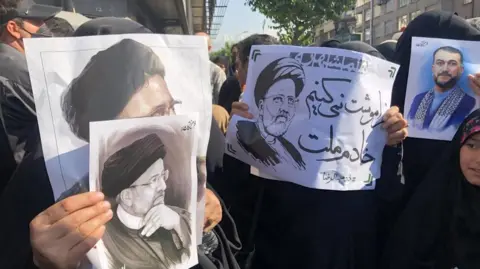
Also expected to attend services in Tehran were Pakistan’s Prime Minister Shehbaz Sharif and a delegation from the Taliban of Afghanistan, which included their Foreign Minister Amir Khan Mutaqqi.
Iran’s theocracy declared five days of mourning over Sunday’s crash, encouraging people to attend the public mourning sessions.
Typically, government employees and schoolchildren attend such events en masse, while others take part out of patriotism, curiosity or to witness historic events.
For Iran’s Shiite theocracy, mass demonstrations have been crucial to demonstrating the legitimacy of their leadership since millions thronged the streets of Tehran to welcome Grand Ayatollah Ruhollah Khomeini in 1979 during the Islamic Revolution, and also attended his funeral 10 years later.
An estimated one million turned out in 2020 for processions for the late Revolutionary Guard General Qasem Soleimani, who was killed in a US drone strike in Baghdad.
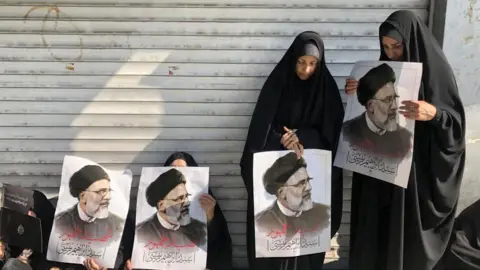
Across the capital, large banners were raised hailing Raisi as “the martyr of service”, while others bade “farewell to the servant of the disadvantaged”.
Some residents in Tehran received texts urging them to attend Wednesday’s ceremonies, the AFP news agency reported.
Footage carried by state TV showed streets filled with mourners, many of whom were carrying pictures of Raisi or the Iranian flag.
Funeral rites for the men began on Tuesday in the city of Tabriz and the Shiite clerical centre of Qom, where thousands of mourners attended ceremonies.
After Wednesday’s procession in the capital, Raisi’s remains will be moved to South Khorasan province, before being transferred to his home city of Mashhad in the northeast.
He will then be buried on Thursday evening in the city after funeral rites at the Imam Reza shrine.
Raisi, a hardline cleric, was a highly divisive figure in Iran. In the 1980s, he oversaw the execution of scores of opposition activists while working as a prosecutor.
He unleashed a brutal crackdown against demonstrators angered by the killing of 22-year-old Mahsa Amini in 2022. She died three days after she was detained by morality police in the capital for allegedly violating Iran’s strict rules requiring women to cover their hair with a hijab, or headscarf.
But his ultra-conservative outlook won favour with supporters of the regime, and Raisi was viewed as a possible successor to Ayatollah Khamenei.
© BBC News
Politics
Ireland to recognise Palestinian state
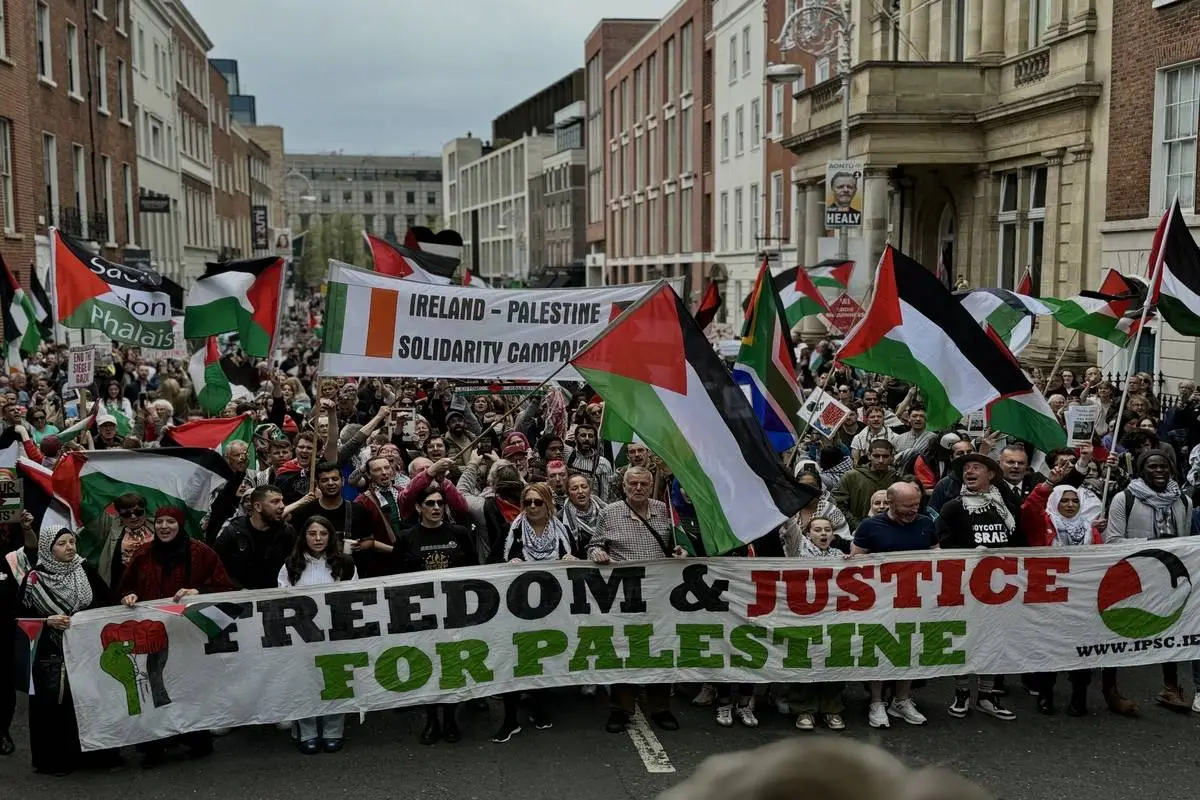
Ireland will recognise a Palestinian state, Prime Minister Simon Harris said on Wednesday, adding that he expected other countries to follow in the coming weeks after talking to world leaders.
“Today, Ireland, Norway, and Spain are announcing that we recognise the state of Palestine,” Harris said at a press conference.
“In the lead up to today’s announcement, I’ve spoken with a number of other leaders and counterparts and I’m confident that further countries will join us in taking this important step in the coming weeks,” he added.
He said a two-state solution was the only credible path to peace and security for Israel, Palestine and their peoples.
The recognition of statehood has particular resonance in Ireland given its history, Harris said.
“Taking our place on the world stage and being recognised by others as having the right to be there was a matter of the highest importance for the founders of our state,” he said.
He added that Ireland was unequivocal in fully recognising Israel and its right to exist “securely and in peace with its neighbours”, and he called for all hostages in Gaza to be immediately returned.
Ireland’s recognition of Palestine will be formally enacted on May 28, foreign minister Micheal Martin said on X.
© Reuters




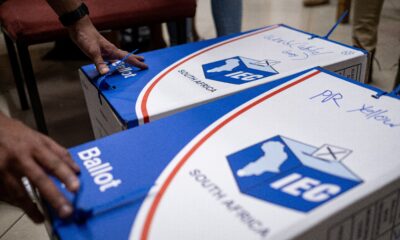

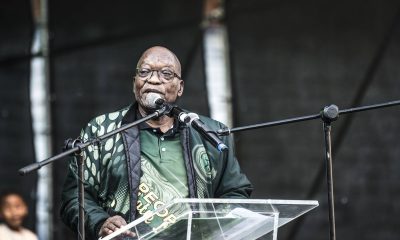

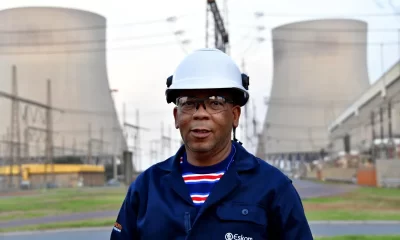

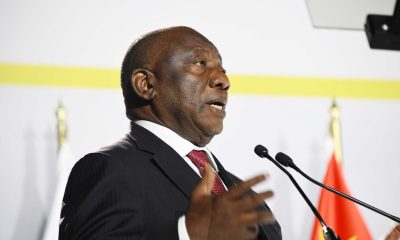






You must be logged in to post a comment Login